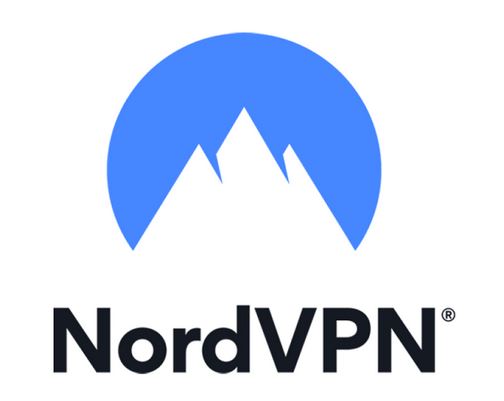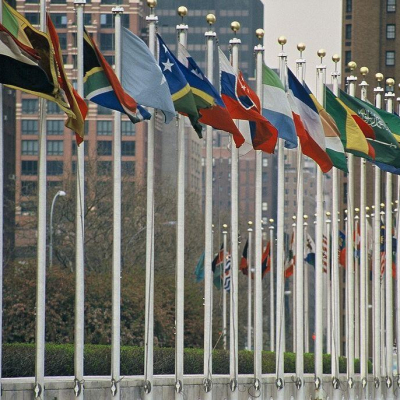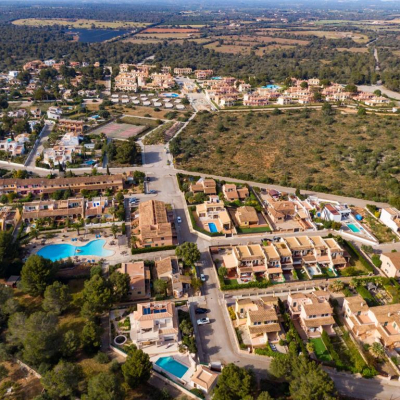Telephones in Spain

Phone Basics
Spain's country code is +34 , and all local numbers begin with the number 9, followed by the area code. Codes are assigned to each city and area (Madrid is 91, Barcelona is 93, and Seville is 95, for example). Each number is nine digits long and take on the form 9XX XX XX XX. 902 numbers are similar to US 800 numbers and always carry a charge, usually steeper than calling any other number.
Similarly, mobile phones have nine digits, and will begin with a 6 or a 7.
Note that calls between landlines in Spain are nearly always free at any time of the day, though calling to mobile phones is usually more expensive than calling mobile to mobile.
It is illegal to talk on a mobile phone and drive in all of Spain and its Autonomous Cities of Ceuta and Melia.
Landlines
The market for landlines, called fijos, in Spain, is dominated by Telefónica, a now private company that was once owned by the Spanish government. Phone lines are typically sold in combination bundles these days with Internet and/or basic TV. It is typically cheaper to call internationally from landlines.
You'll have to wait up to a week for installation of any phone line, which will carry a cost determined by the carrier (between 0 - 100€). From there, the plan you choose with a major company like Movistar, Jazztel, Ono, Vodafone or Orange will depend on your needs. A basic plan will cost about 15€ per month without a 21% added VAT tax, whereas plans that include more flexibility and greater overage will be 25€/month without tax. Remember that calling between landlines is free, but calling mobiles and 902 numbers have an additional connection and per-minute cost.
Mobile Phones
Mobile phones have become the de-facto form of communication in Spain, and coverage continues to grow. It's not uncommon to find 3G with the major providers, though not all companies offer 100% coverage throughout the country. Note that while all calls you receive are free, charges for making calls can vary and often be pricey. It's important to know the stipulations of your contract and to read the fine print.
There are two ways to get connected with a mobile phone:
SIM Card (pre-pago)
This type of mobile phone option can be used for as short or as long of a time as needed, and does not require that the owner to be a resident. This type of connection is more useful for people who do not intend to be in Spain long-term, as there is no minimum commitment. When signing up and buying the card, you'll receive a SIM card with 5 – 10€ worth of saldo, or credit. Each time you turn the phone off and on, you'll be asked to put in a four-digit pin code. Memorize this number, as the card will become blocked after three failed attempts.
Calls and texts on this type of service can sometimes be pricey, and often carry a minimum consumption rate (around 10€ per month). You can top up the balance on your phone in several places, such as the provider's store, a tobacconist, the supermarket and on some ATMs if you have a Spanish bank account.
Contract (contrato)
The second way to get a Spanish number is by signing up for a contract, for which an 18-month permanencia is required, along with proof of residency. The long-terms benefits for this type on contract are numerous if you plan on being in Spain for several years or more, and you can get better rates on calls and messaging, VIP numbers and free calls on evenings and weekends in some cases. All plans do not include the 21€ added VAT tax.
Companies are always trying to out-do one another, so shop around for the best rates. There will be a minimum charge for services, plus any extra consumption for calls outside of the free services. This amount will be taken directly from your bank account each month, typically around the 12th.
The major providers in Spain are Orange, Vodafone, Movistar and Yoigo. If you're unsure of which to choose, stores like The Phone House offer detailed information on all types of contracts and plans.
Bringing a Phone From Home
Because mobile phones around the world, and even across a cellular company, operate at different bandwidths, it's important that you bring a phone to Spain unlocked. Call your carrier in your home country and ask for the unlock code. Once you've gotten a SIM card, you'll be asked to enter the PIN and then the unlock code. This process can sometimes take 24 hours to complete. Do keep in mind that some contratos do offer you a new phone, so it's sometimes worth your while you shop around to see what you can get with your plan.
Additionally, some electronics stores in Spain can do it for you. Price depends on the make and model of the phone, always reaching into the 20 – 30€ range for Smartphones.
Important Vocabulary
|
Contrato |
Contract, available only for residents |
|---|---|
|
Inalámbrico |
Cordless, as in phone |
|
PIN |
PIN number to be entered each time you turn on a mobile |
|
prepago |
A pre-paid option, perfect for short-term visitors |
|
PUK |
A serial number that can help identify a SIM card |
|
Saldo |
Credit (balance on phone) |
|
SMS |
Text message (shorthand) |
|
Tarifa plana |
Fixed plan; used for contracts |
|
Tarjeta SIM |
SIM card used in all phones for service |
Phone directories
Given Spain's current economic situation, businesses open and close, and directories are not always useful. The most reliable is the qdq and Páginas Amarillas, which are published once yearly and also operate online.
By Cat Gaa, who left her native Chicago five years ago to live in the olive groves of Andalusia. Residing in Seville, she teaches first grade at a private school, but all she wants to really do is write.
- My Life Abroad -
A selection of expat stories

"A fun compulsive read!"
J. Matcham, Amazon
"I strongly advise people ready to live abroad to read this book!"
Patrice, Amazon

 Grocery Shopping in Spain
Grocery Shopping in Spain NordVPN
NordVPN Embassies and Consulates in Spain
Embassies and Consulates in Spain Why using an alternative broker for large money transfers
Why using an alternative broker for large money transfers